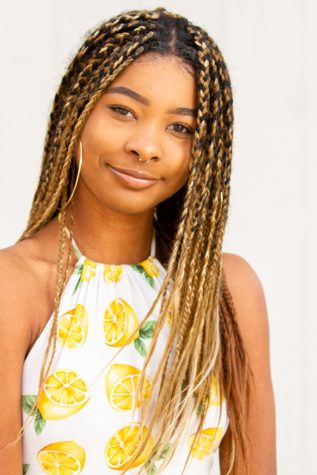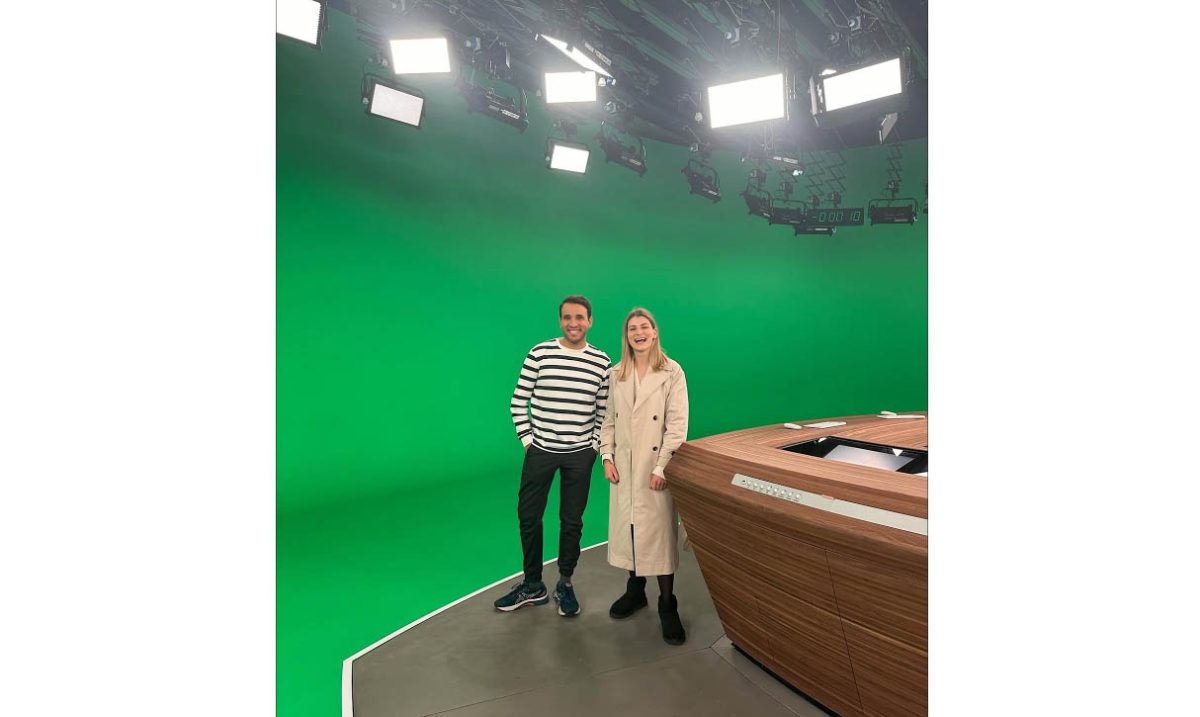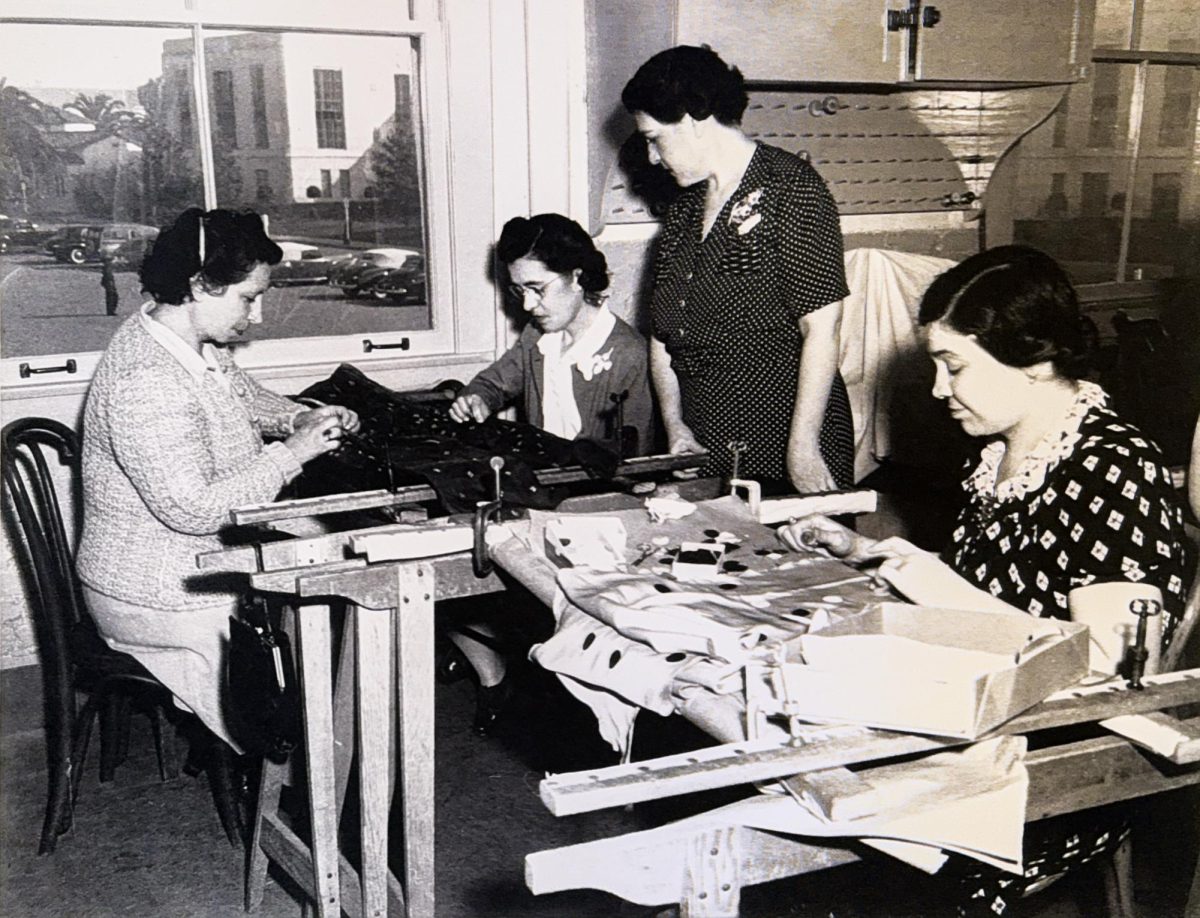 Time and time again, I find myself strolling through the nearest drugstore and leaving disappointed and empty-handed because of the lack of options for my skin tones sold in store.
Time and time again, I find myself strolling through the nearest drugstore and leaving disappointed and empty-handed because of the lack of options for my skin tones sold in store.
Doing makeup has been a hobby and part of my routine since I was 17, yet local drug stores like CVS and Rite Aid still aren’t inclusive toward black and brown people.
During the 2016 prom season, I sat down at numerous counters at the Temecula Promenade Mall to test my makeover ahead of time.
I left the counter four shades too light or three shades too dark everytime. Maybe the makeup artist couldn’t match the undertone. Sometimes the lipstick was too bright.
At one point I left the mall looking as if I had attended a Charlie Chaplin convention.
Large brands have received backlash for their unrealistic selection of choices and drugstores are infamous for not carrying a sufficient range of shades.
Just last year, Tarte Cosmetics’ Face Shape foundation collection only offered three brown shades with 12 other shades for light-skinned individuals.
Givenchy’s Teint Couture Everywhere Foundation and Concealer was criticized for only selling two walnut colored tones out of the collection of 20.
Brand Instagram accounts primarily post makeup modeled on light-skinned models. This eurocentric beauty standard misrepresents the immensely diverse consumers of the beauty industry.
Australian model of Sudanese descent, Duckie Thot, has spoken about bringing her own makeup to runways and shoots.
Not all hope is lost, though. Singer, businesswoman and actress Robyn “Rihanna” Fenty’s highly regarded cosmetic line Fenty Beauty debuted 40 shades, then 10 more a year later. Fenty Beauty has proven to be more inclusive than other popular high-end brands.
Morphe, Too Faced, Cover FX, and Anastasia Beverly Hills carry a wide array of foundations fit for all skin tones. These brands are also cruelty-free.
In the case of drugstore makeup, the stores obviously cater to the larger demographic of the area and the overall consumer demand. There’s still no excuse as to why it’s difficult to find the appropriate shade of foundation in Los Angeles, one of the most diverse cities in the United States.
Shoppers who do not fit the brown paper bag standard are stuck spending extra time and extra money.
It isn’t impossible to mend the unnecessary colorist gap in the cosmetic industry. Large brands have the money and ability to curate a wider assortment of makeup that’s inclusive to everyone.
It is also beneficial to step back and look into smaller, cruelty-free brands that offer the same options as well known brands.
Makeup artists should also make sure to practice on all skin tones, not just lighter ones. Artists should be able to adapt and cater to more than one type of person.
While it appears many brands picked up on the memo and revised their shade collection, other brands put up a facade that can be spotted with lazy undertones or lesser quality formula.
Those brands have much to learn, and other brands and upcoming makeup artists and entrepreneurs alike can take tips from Rihanna and Anastasia Beverly Hills and up their own catalogs.











